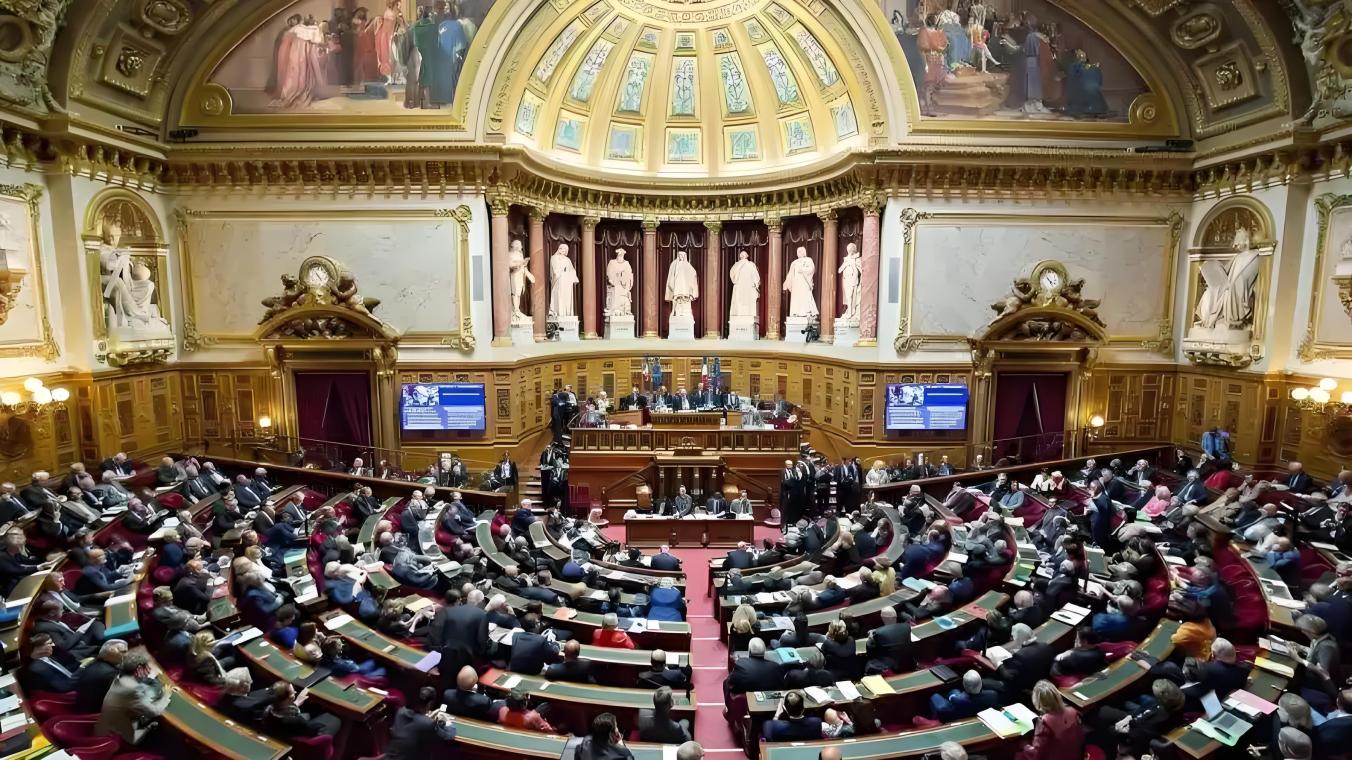
On September 8, 2025, the French National Assembly will hold a crucial confidence vote, with Prime Minister François Bayrou’s government facing a severe test. This confidence vote was triggered by the Bayrou administration’s proposed €43.8 billion cutback plan, which aims to address France’s worsening public debt crisis but has sparked public backlash and strong opposition within the parliament.
On August 25, Bayrou held a press conference to announce that a government confidence vote would be held on September 8. He sought to use this move to force various political parties to take a clear stance on his expenditure reduction bill. Citing Article 49.1 of the Constitution, Bayrou tied the government’s survival to the budget: if it fails to secure the trust of a majority of MPs on September 8, the government will collapse; if the vote passes, the budget bill can bypass regular procedures and be advanced expeditiously.
However, the current political situation is extremely unfavorable to the Bayrou government. The far-left La France Insoumise (France Unbowed), the Green Party, and the far-right Rassemblement National (National Rally) have all explicitly stated that they will vote to topple the government. Marine Le Pen, leader of the National Rally, posted on social media, “What François Bayrou clearly fails to understand is that the French people are fully aware that after eight years of ‘Macronism,’ our country has fallen into an economic and financial crisis.”
Financial markets reacted swiftly to the news of the confidence vote. France’s CAC 40 Index plummeted 3.3% over two days, with the Paris banking sector dropping a staggering 7.5% in a single day—indicating a collapse in investors’ confidence in France’s financial system. Meanwhile, the yield on France’s 10-year government bonds surged by 7 basis points, and the yield spread against German government bonds widened to 78 basis points, hitting a new high since April. Germany’s DAX Index also fell 0.4% in tandem, and the euro-dollar exchange rate slipped below the key support level of 1.17.
France’s public debt problem has long loomed like the Sword of Damocles. Currently, France’s public debt has reached 113% of its GDP, with daily new debt adding up to €12 million. Interest payments on the debt are set to exceed €75 billion by 2026. French Economy Minister Eric Lombard has warned that if the government fails to pass the September 8 confidence vote, intervention by the International Monetary Fund (IMF) in France’s fiscal affairs cannot be ruled out. He also noted that there is a risk of a sharp surge in French government bond yields, which could leave France in the weakest position among EU countries.
Christopher Dembik, an investment advisor at Pictet Asset Management in Switzerland, stated that the French stock market is under pressure because markets anticipate that international credit rating agencies will downgrade France’s sovereign debt rating. Ipek Ozkardeskaya, an analyst at Swissquote Bank, pointed out that the risk of another collapse of the French government is escalating.
This confidence vote is not only about the survival of the Bayrou government but also risks exerting a profound impact on the economic and political landscape of France and even the entire eurozone. If the Bayrou government fails to pass the confidence vote, Emmanuel Macron will face the dilemma of forming a new government or calling early elections. Either scenario could lead to further political instability in France, which in turn would exacerbate volatility in the economy and financial markets.
As the second-largest economy in the eurozone, France’s political turmoil has quickly evolved into a regional financial risk. Capital markets are voting with their feet, and investor confidence in France is gradually eroding. If France fails to effectively resolve its debt problem, it may not only trigger a new round of debt crisis in the eurozone but also adversely affect the stability of global financial markets.
At present, French President Emmanuel Macron hopes to avoid early elections due to the government’s collapse and will tend to seek an agreement among various parties in the National Assembly to appoint a new prime minister. However, regardless of the final outcome, France urgently needs to find an effective way to address its debt issue to restore market confidence and stabilize its economic and financial situation. Otherwise, France risks plunging deeper into economic and political crisis, and the stability of the eurozone will also face a severe test.

On January 15, 2026, the US military announced the seizure of an oil tanker named "Veronica" in the Caribbean Sea.
On January 15, 2026, the US military announced the seizure …
At the 2026 J.P. Morgan Healthcare Conference, a joint anno…
For much of 2025, the market was rethinking whether the dol…
The recent undercurrents in the international situation, wi…
The news of Musk's Neuralink launching mass production of b…
In January 2026, the US Department of Energy announced a $2…